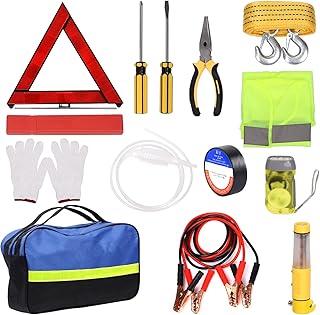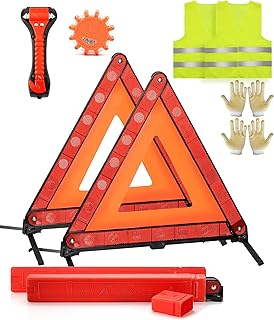Western Australia has seen a concerning surge in road fatalities, marking an 18-year high in the number of lives lost on its roads. With 112 deaths recorded so far in 2025, the state is grappling with a grim reality that hasn’t been witnessed since 2007. The recent fatalities include a 65-year-old man who tragically lost his life in a collision with a road train in Irishtown and a man who died after his ute crashed into a truck near Dalwallinu.
Tragedy struck again with a 45-year-old man losing his life in a crash near Gnowangerup, and a 37-year-old pedestrian being fatally struck while walking along Forrest Highway near Binningup. Additionally, a 35-year-old e-scooter rider was killed in an accident with a truck in Bibra Lake, and a 73-year-old lost his life in a collision near Bridgetown. These incidents have raised concerns and sparked discussions on the need for proactive measures to prevent further fatalities.
Experts and authorities are emphasizing the critical role of driver behavior in curbing road accidents. Speed has been identified as a major contributing factor to crashes, with road safety expert Adrian Warner stressing the importance of making responsible choices behind the wheel. University of Western Australia’s Center for Road Safety Research Director, Professor Teresa Senserrick, highlights the impact of speed on road safety, likening driving over the speed limit to driving under the influence of alcohol or fatigue.
While investments in safety measures like cameras and road infrastructure are crucial, Professor Senserrick emphasizes the need for individual accountability in adhering to speed limits. She suggests that societal pressure to match the speed of surrounding traffic often leads to speeding behavior, underscoring the shared responsibility among drivers to prioritize safety. Authorities point out the positive impact of various safety initiatives over the years, such as seatbelt laws, speed cameras, and behavior change campaigns, in reducing road fatalities.
Emergency responders, notably paramedic Deane Coxall, are speaking out about the toll that fatal crashes take on frontline workers. Coxall describes the emotional burden of attending crash scenes and witnessing the aftermath, urging drivers to consider the far-reaching consequences of their actions. He emphasizes the need for drivers to exercise caution, avoid distractions, and prioritize road safety to prevent further tragedies on the roads.
Psychologist Ian Holbrook sheds light on the broader impacts of road trauma, emphasizing that the effects extend beyond those directly involved in accidents to include bystanders, responders, and families. Holbrook stresses the privilege and responsibility that come with driving, highlighting the importance of safe and conscientious behavior on the roads. Support services like Road Trauma Support WA aim to provide assistance to those affected by road accidents, acknowledging the psychological and financial challenges that can arise from such incidents.
As Western Australia grapples with a concerning rise in road fatalities, the focus remains on promoting responsible driving practices, addressing speeding behaviors, and fostering a culture of road safety awareness. The recent spate of tragic accidents serves as a sobering reminder of the need for collective efforts to prevent further loss of life on the state’s roads.
📰 Related Articles
- Urgent Calls for Stricter E-Scooter Safety Regulations in Australia
- India’s Road Safety Crisis: Urgent Calls for Preventive Measures
- Western Australia Launches Review to Enhance Electric Scooter Safety
- Surge in Child E-Bike Injuries Sparks Safety Concerns in Australia
- Pet Food Industry in Australia Faces Calls for Stricter Regulations






